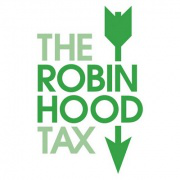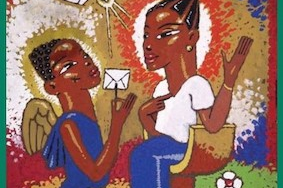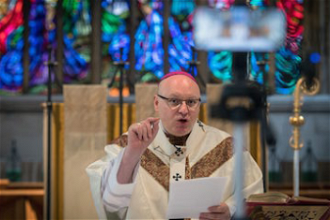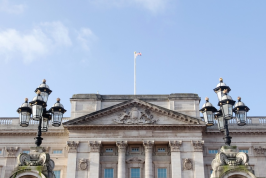Debate : Is the Robin Hood Tax practical and desirable?

A debate on the role and responsibility of the financial sector in contributing to the common good, took place at St Paul’s Cathedral on Tuesday.
Entitled Should we Bank on the Robin Hood Tax, the event was organized by CAFOD, Tearfund, St Paul’s Institute and The Salvation Army. It was chaired by BBC presenter and economist Evan Davis, and featured a panel made up of Baroness Shirley Williams of the House of Lords, Former Bishop of Worcester Rt Revd Peter Selby, CEO of the Institute of Chartered Accountants for England and Wales Michael Izza, and author and independent economist Michael Green.
During the course of the evening, speakers gave their views around whether a Robin Hood Tax of 0.05% on financial transactions would be practical and desirable and how much good for society such a tax would do.
Rt Hon Shirley Williams supported the tax, saying it was an important way in which “the basic principles of Christianity could be applied in practice”. She said the tax had a strong moral basis, being one of justice rather than of punishment.
Baroness Williams spoke of the growing inequalities between rich and poor, and the stressed importance of narrowing this gap. She explained that a Robin Hood Tax of 0.05% could raise 20 Billion pound a year in the UK that could be used to fight poverty in the UK and overseas and mitigate the effects of climate change around the globe.
Michael Green spoke out against the tax for three reasons. He explained that the banks will pass on the cost to the customer, so that their profits remain untouched. He also argued that such a tax would increase market volatility. And finally he argued that a tax would be a “distraction from the fundamental reforms” needed to global capitalism.
Setting the context for the financial problems that have recently been experienced Mr Green explained that global capitalism focuses on the short term rather gains than the long term implications. Green agued that we as a nation need to take a look at our collective responsibility towards narrowing the gap between rich and poor. By taking a more active interest in how savings are invested, the public can have a greater say in what kind of funds and causes their money supports. Visible choices such as purchasing fair trade products are important but Green argued that the public needs to be less passive about ensuring ethical investment and saving.
Michael Izza of the ICAEW put forward possible solution of taxing international foreign exchange transactions, which currently accounts for the movement of 4.3 trillion dollars a day and is an “area of concern”.
Reverend Peter Selby voiced his concern that making financial institutions pay a Robin Hood Tax would “make activities look “ok” that really aren’t”. He argued that the tax “stands every chance of raising good sums of money, but a also of making a financial system that is fundamentally corrupt and that will lead to disaster after disaster, look right”
The debate was hosted by St Paul’s Institute, CAFOD, Tearfund and The Salvation Army. These organisations want to see a financial sector that promotes human flourishing, responsible investment and contributes a fair share towards building a better society
A video of the event is available at: www.youtube.com/stpaulslondon


















